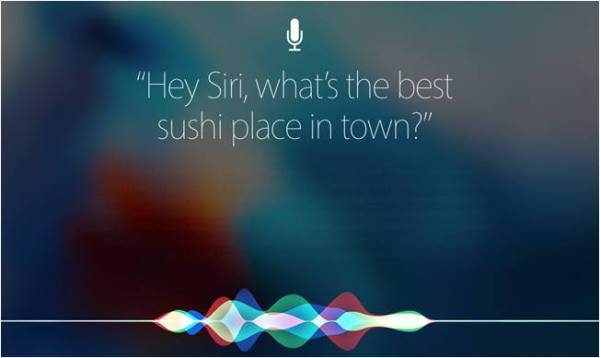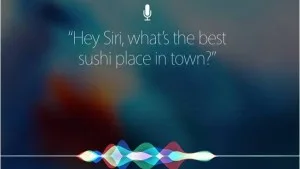A recent article published by Business Insider (‘A Google director explains how your smartphone will look in 5 years’) included an interview with Aparna Chennapragada, a Google director, at the Web Summit tech conference in Ireland last month. As can be expected, the focus of Google is on how many more apps could lead to more money ending up in Google’s pockets. It comes as no surprise that the hardware plays almost no role in all of this.
As she described that the mobile phone changes everything, she continued by saying that there are three shifts in using mobile devices that have been driven by the smartphone. She describes them as follows:
- “On a phone, you want answers on the go. You don’t have time to wade through screens. You want quick answers on the go. That’s the first shift.
- “The second shift … unlike desktop, where the search engine was synonymous with finding information … phones are about getting stuff done. [It’s] about playing music through Spotify, or calling a cab using Uber … In some sense it’s not about getting answers, it’s about getting stuff done.
- “The third shift, which is closer to my heart on Google Now … because [the phone is] such a partial-attention device, you want the information to find you, not just for you to find the information. And that’s a big shift. It’s a big shift certainly for new companies, and it’s a big shift for Google as well.”
By now you can guess that she is talking about the personal assistant that seems to be on the plate for every player in the market. I would go out on a limb, saying that they are all still chasing Apple with Siri. In other words, the future of using Smartphones will be driven by some artificially smart app that can answer a question driven by either a large database or some form of artificial intelligence. Given the limitations of the smartphone platform, I would guess that at the moment the AI part is less prominent than the database approach. Interestingly, as reported by Forbes, Apple just quietly acquired a Cambridge, UK-based AI company called Vocal IQ. This does give some validity to Aparna Chennapragada’s position.
 Source: Apple
Source: Apple
If this is really true, one would expect that sales of smartphones will be driven by the assistant’s capability rather than display size and resolution in the future.
For sure, the display quality and resolution of smartphone’s has reached a level that makes almost every smartphone screen today acceptable by almost all measures. Yes, some are still better than others, but even the worst display is pretty good by absolute standards. So, when is a display ‘good enough’ and does that mean that display development has reached its endpoint? I would strongly disagree.
Displays will continue to increase size and pixel density, even though it is debatable whether you need 4K resolution in a 5” display. Lower power requirements, better color reproduction and daylight readability are still good targets for smartphone displays to differentiate from each other. As long as there is display development driving better image quality, the display used will be important for every handheld device.
While the audio-based assistant may become an important feature of a smartphone going forward, phones are still being bought based on looks and display size. Then there is quality, brand name and price, of course, but I have never heard anyone say, “I have to get the new iPhone because I want to talk to Siri”. However, if Google is right, this may change in the future. (NH)

